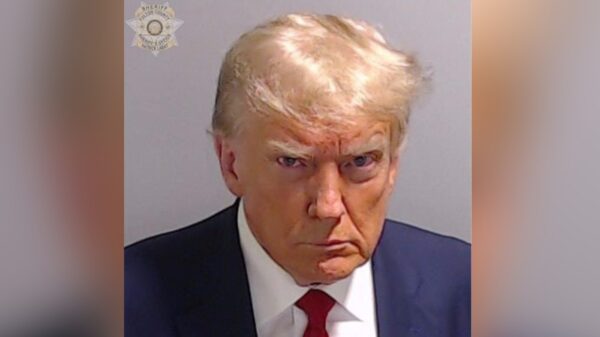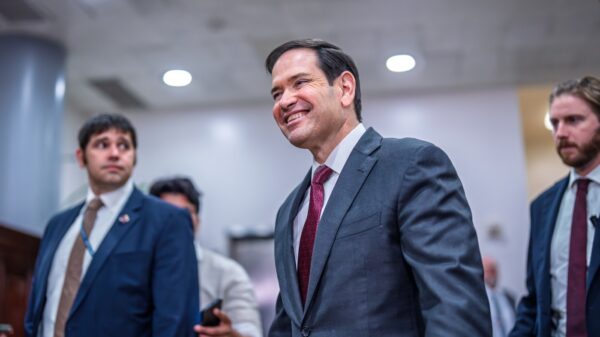Former U.S. President Donald Trump is poised to meet with Chinese President Xi Jinping in the coming weeks, offering a timely opportunity to reassess the long-standing U.S. foreign policy towards Taiwan. This meeting could signify a pivotal moment in diplomatic relations, especially as the perception that Taiwan is a crucial U.S. national security interest has often been exaggerated.
The narrative surrounding Taiwan has been a cornerstone of American foreign and defense policy for decades. However, an examination of this viewpoint reveals that the reality may not align with the urgency suggested by policymakers. The idea that Taiwan’s status is vital to U.S. national security interests has often overshadowed more pressing issues in the region and beyond.
Historical Context of U.S.-China Relations
The foundation for U.S.-China relations was laid in the 1970s, largely due to the efforts of Henry Kissinger. His groundbreaking diplomacy opened the door for engagement with China, ultimately leading to a shift in how both nations viewed each other. This historical context is crucial as Trump prepares to engage with Xi. Acknowledging Kissinger’s approach could pave the way for a more balanced and pragmatic dialogue.
During the 1970s, Kissinger advocated for a comprehensive understanding between the U.S. and China, which included recognizing the complexities of Taiwan’s status. Today, this perspective could serve as a guide for Trump in his discussions with Xi. By focusing on mutual interests rather than entrenched positions, both leaders have the potential to foster a climate of cooperation.
Acknowledging that Taiwan may not be the linchpin of U.S. security could help de-escalate tensions in the region. Instead, a broader strategy that prioritizes global stability and economic collaboration might yield more significant benefits for both nations. This reorientation could also alleviate some of the pressures faced by Taiwan, allowing it to navigate its unique situation with greater autonomy.
The Road Ahead for U.S.-China Diplomacy
As Trump and Xi prepare for their meeting, the international community will be watching closely. The stakes are high, and the implications of their discussions extend beyond bilateral relations to impact global stability. A successful dialogue could set a precedent for future interactions between the two powers, emphasizing the importance of diplomacy over confrontation.
It is essential for Trump to approach the meeting with a clear understanding of the evolving geopolitical landscape. The notion that Taiwan is a critical U.S. national security interest may have served its purpose in the past, but the complexities of today’s world require a fresh perspective. Emphasizing diplomatic solutions and collaborative efforts could lead to a more stable and productive relationship.
The upcoming meeting between Trump and Xi presents a unique opportunity to redefine U.S.-China relations. By embracing a more nuanced understanding of Taiwan’s role and focusing on shared concerns, both leaders can contribute to a more peaceful and prosperous future. This moment could mark the beginning of a new chapter in diplomacy, one that reflects the realities of the 21st century rather than the historical narratives of the past.








































































